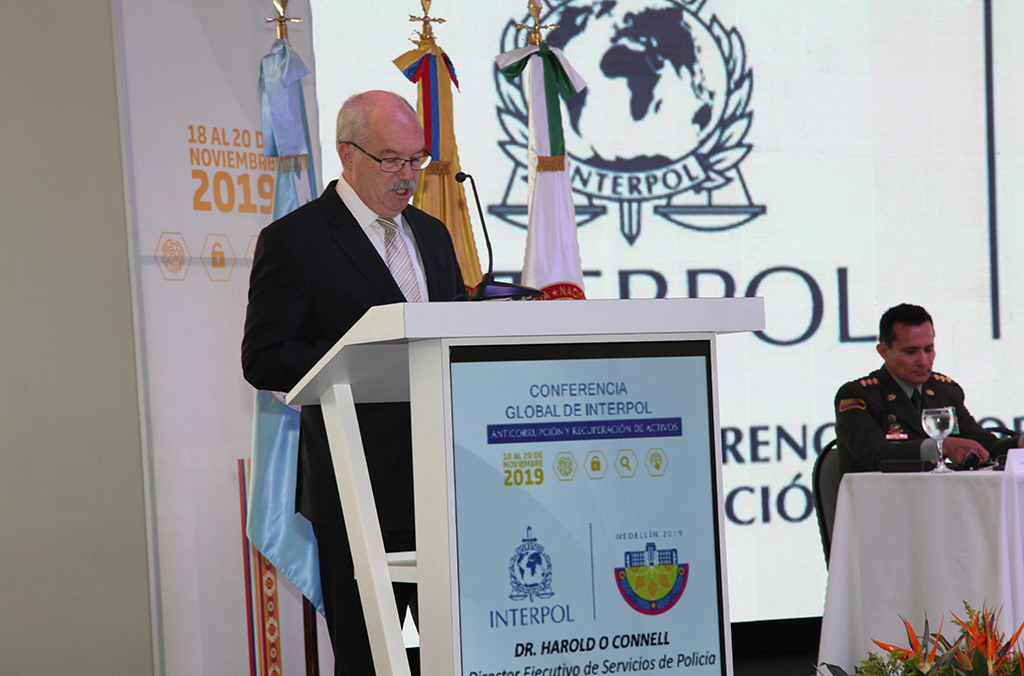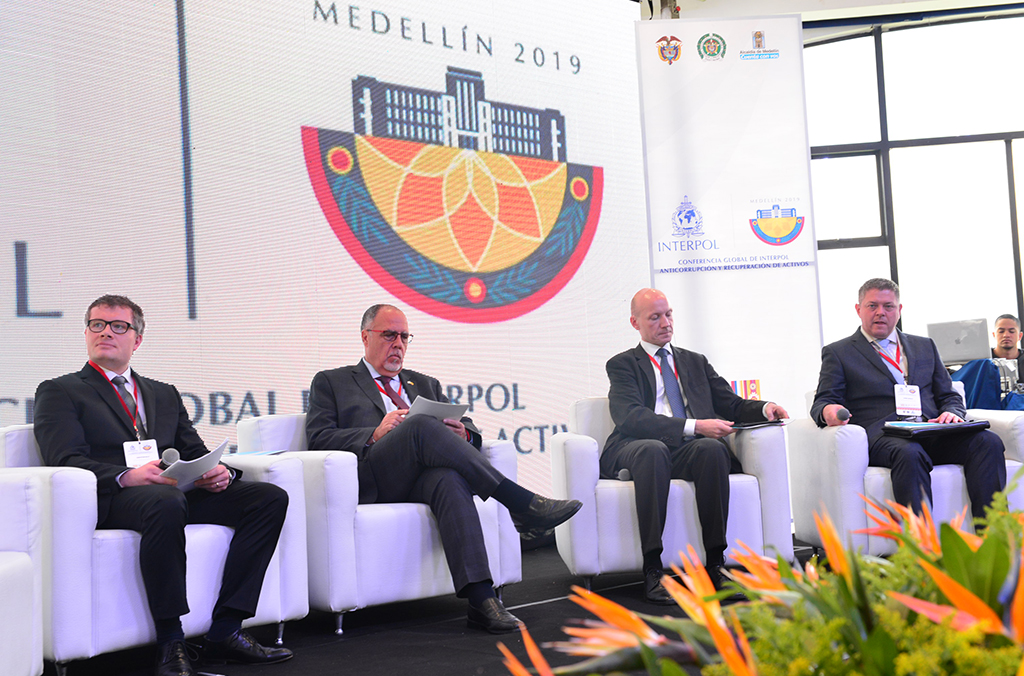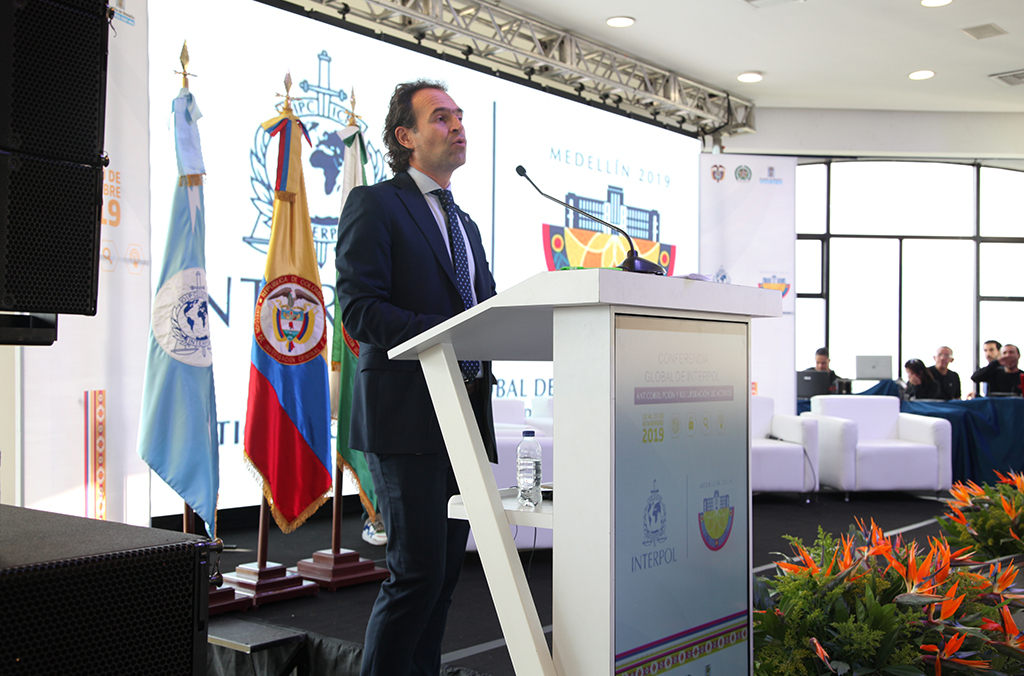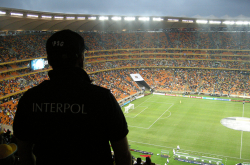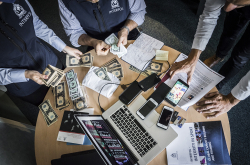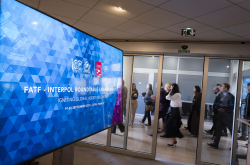MEDELLIN, Colombia – With corrupt transactions becoming increasingly borderless and seeping into nearly every type of criminal activity, INTERPOL gathered global experts this week to shape a global, multi-disciplinary response.
Some 250 participants from more than 60 countries as well as international organizations and private sector entities met at the INTERPOL Anti-Corruption and Asset Recovery Global Conference, (18 – 20 November).
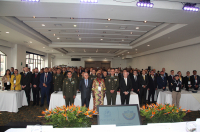
High on the agenda was the need for increased international cooperation both in fighting corruption and recovering proceeds of the crime as well as stolen assets.
With the conference focusing on the role of corruption in facilitating organized crime, participants looked at disrupting the ‘business model’ of criminal enterprises linked to corruption and money laundering behind issues such as human trafficking, environmental crime and crimes in sport.
Public officials are often in a position to facilitate these crimes in a variety of ways, including the provision of documents or ensuring smooth passage across borders.
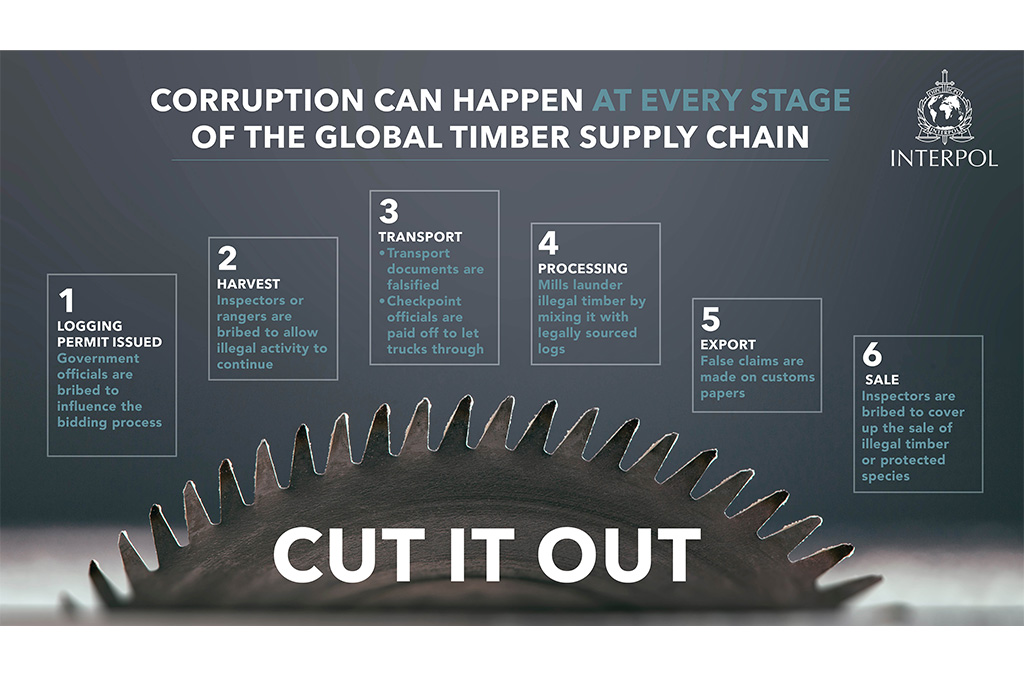
Harold O’Connell, INTERPOL’s Executive Director of Police Services, highlighted the far-reaching effects of corruption: “It undermines the faith in government and its institutions and undermines the rule of law, all elements which sow a fertile terrain for instability and crime.”
“This is why we need to do our utmost to prevent corruption before it takes root. For situations where corruption is present, we need to work collectively to curb it,” he said.
INTERPOL as a global hub for exchanging key data
INTERPOL works with law enforcement, legal experts, the banking sector and all affected industries to detect stolen assets, stop their movement across borders and prevent the corruption.
INTERPOL’s global policing capabilities, which include 18 global databases and a global communication system, were highlighted as key ways to securely share details such as financial information and online activities.
Specialized networks such as the INTERPOL / StAR Global Focal Point Platform on Asset Recovery and the Match Fixing Task Force complement INTERPOL’s range of capabilities.
Under the framework of the conference, two joint regional workshops were held. The first, hosted by INTERPOL and the International Olympic Committee, sought to prevent and effectively address competition manipulation in sport. The event was the first such initiative to bring together law enforcement, National Olympic Committees, national sports federations and public authorities at a regional level.
The second regional workshop was held jointly by INTERPOL and the World Anti-Doping Agency, gathering senior representatives of National Anti-Doping Organizations, law enforcement and judiciary from nine countries in the region. Participants determined that it was necessary for countries to work in a coordinated manner, with emphasis placed on the strengthening of international cooperation in order to dismantle criminal networks who profit from the trafficking of performance enhancing drugs.




